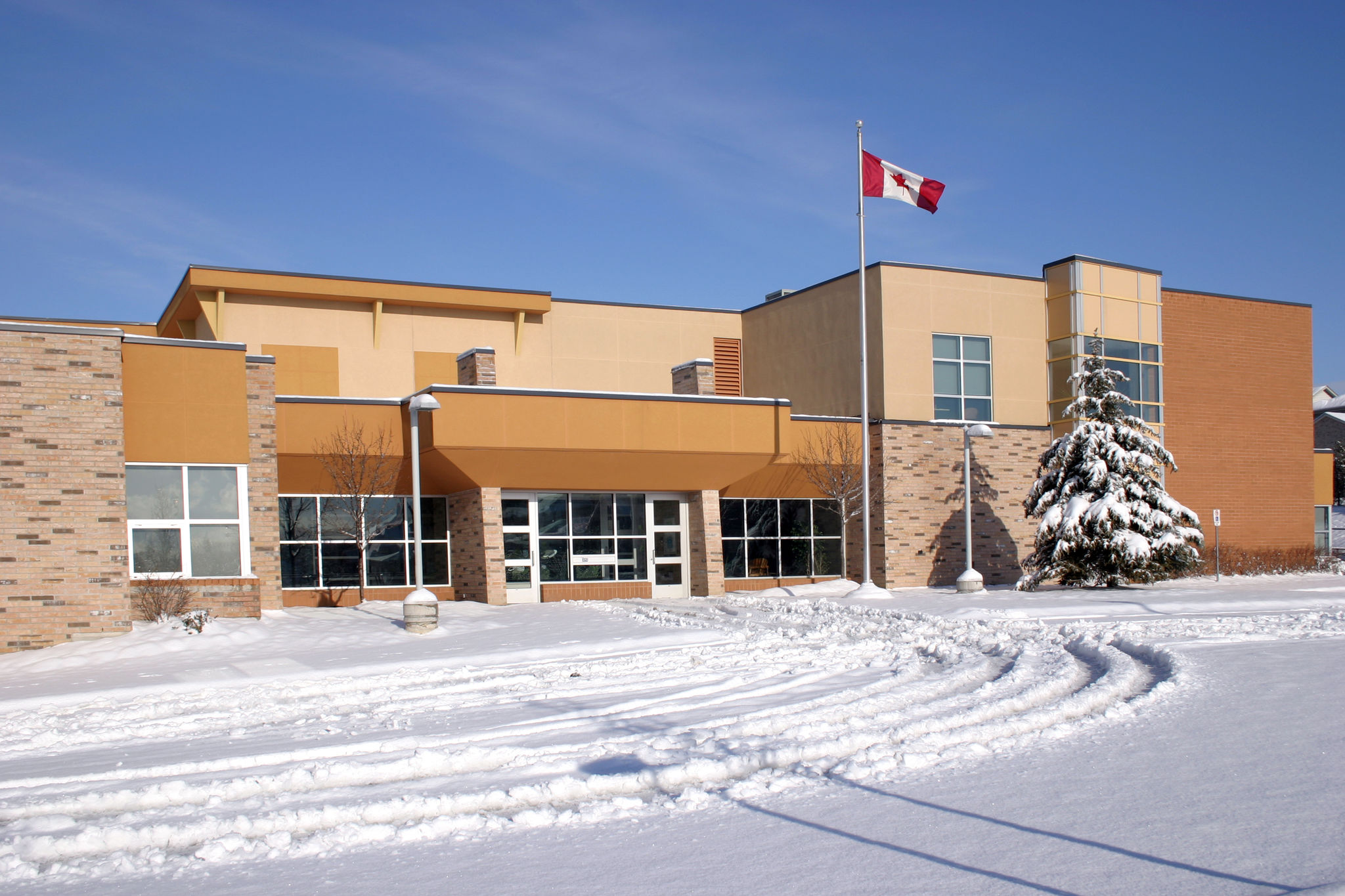Expert Insights: Navigating Canadian Educational Programs for All Ages
Understanding the Canadian Education System
The Canadian education system is renowned for its high standards and diverse opportunities. It caters to all ages, from preschool to post-secondary education. Understanding the nuances of this system can be pivotal for students, parents, and educators seeking to maximize educational outcomes. With its commitment to inclusivity and quality, Canada offers a plethora of programs designed to meet various learning needs.
One of the key features of the Canadian educational landscape is its emphasis on developing critical thinking and problem-solving skills. From an early age, students are encouraged to engage in a curriculum that not only covers essential academic subjects but also promotes creativity and innovation.

Early Childhood Education
Early childhood education in Canada is designed to provide young learners with a strong foundation for their future academic journey. Programs are available for children as young as three years old, focusing on social, emotional, and cognitive development. These programs often include play-based learning, which is crucial for developing essential life skills.
Parents have the option to choose between public and private early childhood education centers, each offering unique benefits. Public programs are typically more affordable and regulated by provincial standards, while private centers may offer specialized curricula or unique learning environments.

Primary and Secondary Education
In Canada, primary and secondary education is mandatory for children between the ages of six and sixteen. The curriculum is designed to provide a well-rounded education, covering core subjects such as mathematics, science, language arts, and social studies. Additionally, there is a strong emphasis on physical education and the arts.
Canadian schools are known for their inclusive environments, offering support for students with special needs and programs for gifted learners. This ensures that every child has access to the resources they need to succeed.

Post-Secondary Opportunities
Post-secondary education in Canada is diverse, with options ranging from community colleges and vocational schools to prestigious universities. Students can pursue a wide variety of programs at these institutions, whether they are interested in trades, technology, humanities, or sciences.
Canada's universities are globally recognized for their research output and academic excellence. Many institutions offer co-op programs that allow students to gain practical experience in their field of study, enhancing their employability upon graduation.

Adult Education and Lifelong Learning
The landscape of adult education in Canada is robust, providing opportunities for individuals looking to upskill or change careers. Programs are available through community colleges, universities, and specialized training centers. These offerings include short courses, certificate programs, and even degree options tailored for adult learners.
Lifelong learning is highly encouraged in Canada, with many provinces offering incentives for continued education. This commitment ensures that Canadians have the opportunity to adapt to changing job markets and technological advancements.

Conclusion
Navigating the Canadian educational system can be an enriching experience for individuals of all ages. With its emphasis on quality and inclusivity, Canada provides a supportive environment for lifelong learning. Whether you are a parent exploring early childhood options or an adult seeking new career opportunities, understanding the available programs can help you make informed decisions that align with your educational goals.
